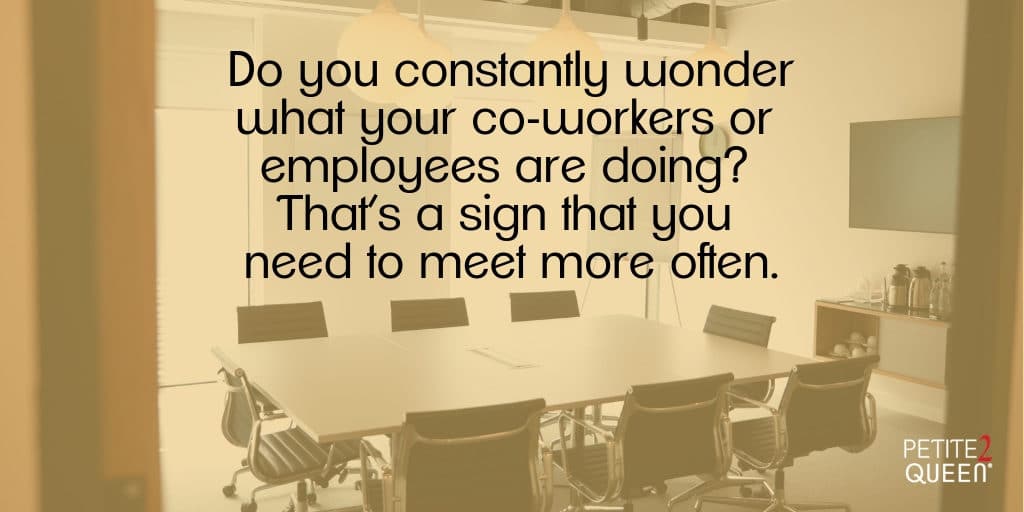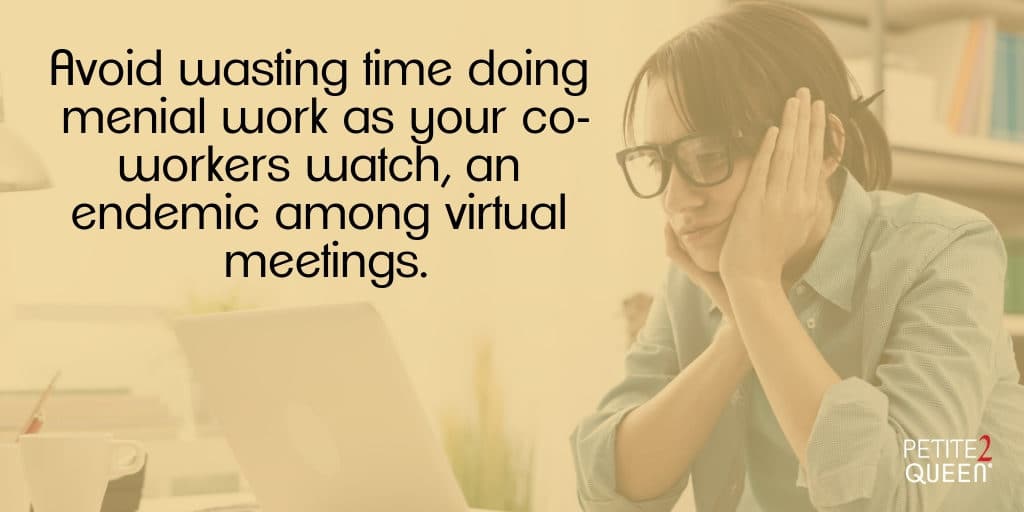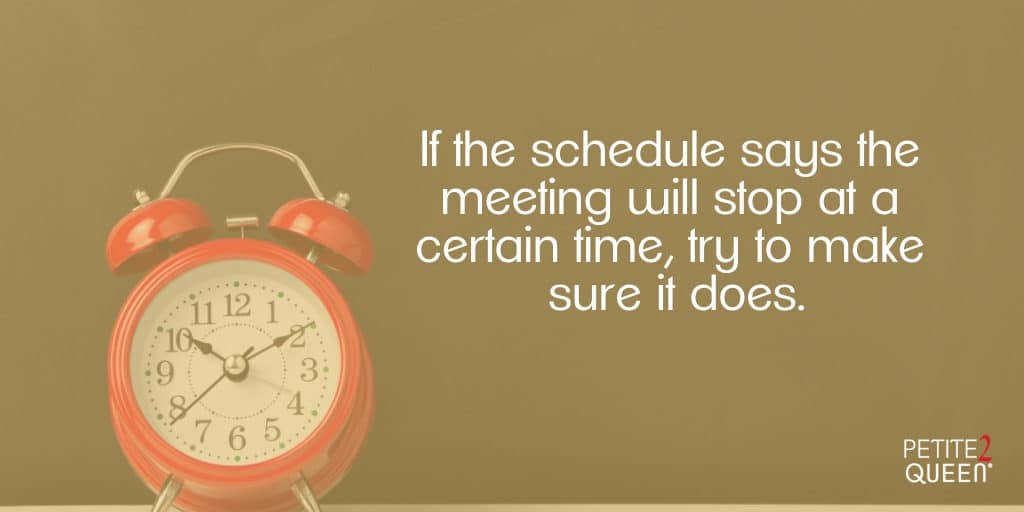Meetings. They’re part and parcel of many an office job, and talk at the water cooler likely includes jokes about them. Oftentimes, the jokes center on there being too many meetings within an organization or department. While meetings offer a great forum to exchange ideas and clarify projects, they can become time-wasters as discussions turn into long-winded, meandering explanations that bring more confusion than clarity.
Communication is key to the running of any company, but employees also need time to actually accomplish their tasks. So, how many meetings does your team need, and how many meetings is too many?
Too Few
Some organizations or teams may make the mistake of holding too few meetings. As great as it is to have plenty of time to focus on your tasks, there are dangers to under-communication.
Some things really do need to be discussed in an in-person or virtual meeting; simple emails won’t do. Emailing back and forth often takes too long or will lead to too much confusion. Instead of sending 20 emails, take a few minutes to talk it out. Do you constantly wonder what your co-workers or employees are doing? That’s a sign that you need to meet more often.
If you’re having difficulty setting up enough meetings, consider making a schedule for regular meetings. Usually bi-weekly is a good minimum within your team. It may be less frequent for outside contractors or clients. It may be more often, depending on the work your team needs to do together. The goal is to make sure communication is open and clear and there is no room for confusion or misunderstandings.
Too Many
On the flip side, there are dangers to over-communication, too. When the meetings are taking up so much of your time that you don’t have enough time to do your actual work, that’s a major red flag. Meetings shouldn’t be your whole job; they should just be one part of it. Though meetings can make people feel productive, they’re often just the opposite.
Oftentimes, meetings simply last too long. How can you combat this issue? Start by making sure there’s a clear agenda. Make sure that you all stay focused on the topic at hand. The meeting should also have a planned end time. Be upfront with your team members if you have a hard stop; that way, it won’t seem too abrupt when you have to leave the meeting an hour later.
Team members also need to make sure they’re actually paying attention. So many meetings involve the same questions and answers being given repeatedly. Save everyone’s time by paying attention to the answer the first time, and write it down if needed.
Moreover, avoid wasting time doing menial work as your co-workers watch, an endemic among virtual meetings. If you get through the entire agenda with a half hour left in the meeting, it’s okay to end it early. The idea is for the meeting to be a useful forum. As soon as it stops serving that purpose, end it.
Another way meetings get out of hand: Not knowing who should be in which meeting. Consider what needs to be discussed; who needs to be involved in this discussion? Some meetings really should be one-on-one so as not to waste everyone else’s time. On the other hand, you don’t want to waste your own time, either. If you need information or input from the whole team, get on a meeting all together and try to keep it on-topic and swift. That way, you won’t have to be in similar meetings all day.
Finally, know that you don’t have hold a meeting just because it’s on your schedule. If your weekly meeting is coming up and there’s really nothing to discuss, go ahead and cancel it. The following week, there will be more to talk about.
All in all, meeting time should be used efficiently. Meeting too often or for too long does no one any favors. After so much time, people tend to lose focus on the conversation. Give people time to work on the tasks on their to-do list. Sometimes, you just have to stop talking and get to work.
Just Right
“Everything in moderation” applies to work meetings. The goal is to find the right balance for your team and your goals. Regular meetings are good, but make sure that they’re actually useful. If you find that there isn’t anything to discuss at a meeting, cancel it. Also, keep in mind that workers need to know the start and end times so they can plan their days around it. If the schedule says the meeting will stop at a certain time, try to make sure it does.
Be mindful if the meeting is running over the allotted end time. If you are running the meeting, ask if your colleagues can stay another 15 minutes. Alternately, schedule a follow-up meeting as needed. If the matter being discussed is urgent, or course, you should be flexible with your schedule. Otherwise, be clear when you have other tasks or meetings awaiting you.
Finding the right rhythm for your team will take some time and experimentation. As you search for it, ask for feedback from your team members regarding how they would like to use meetings and how often they should be. You won’t be able to make everyone 100% happy, but you will find a compromise to optimize your team’s productivity.
Petite2Queen provides virtual mentoring to young women in life, at work, and in sales. Follow us for more practical advice you can put to use to improve your life and career.

Amanda Whitbeck is Vice President of Operations at Petite2Queen. Since earning her master’s degree in Global Entertainment & Music Business from Berklee College of Music, Amanda has played key roles facilitating growth at start-ups. She’s also worked in diverse sectors of the music industry, from live events promotion to entertainment journalism. She brings her expertise in music business, writing, and website development to Petite2Queen.




